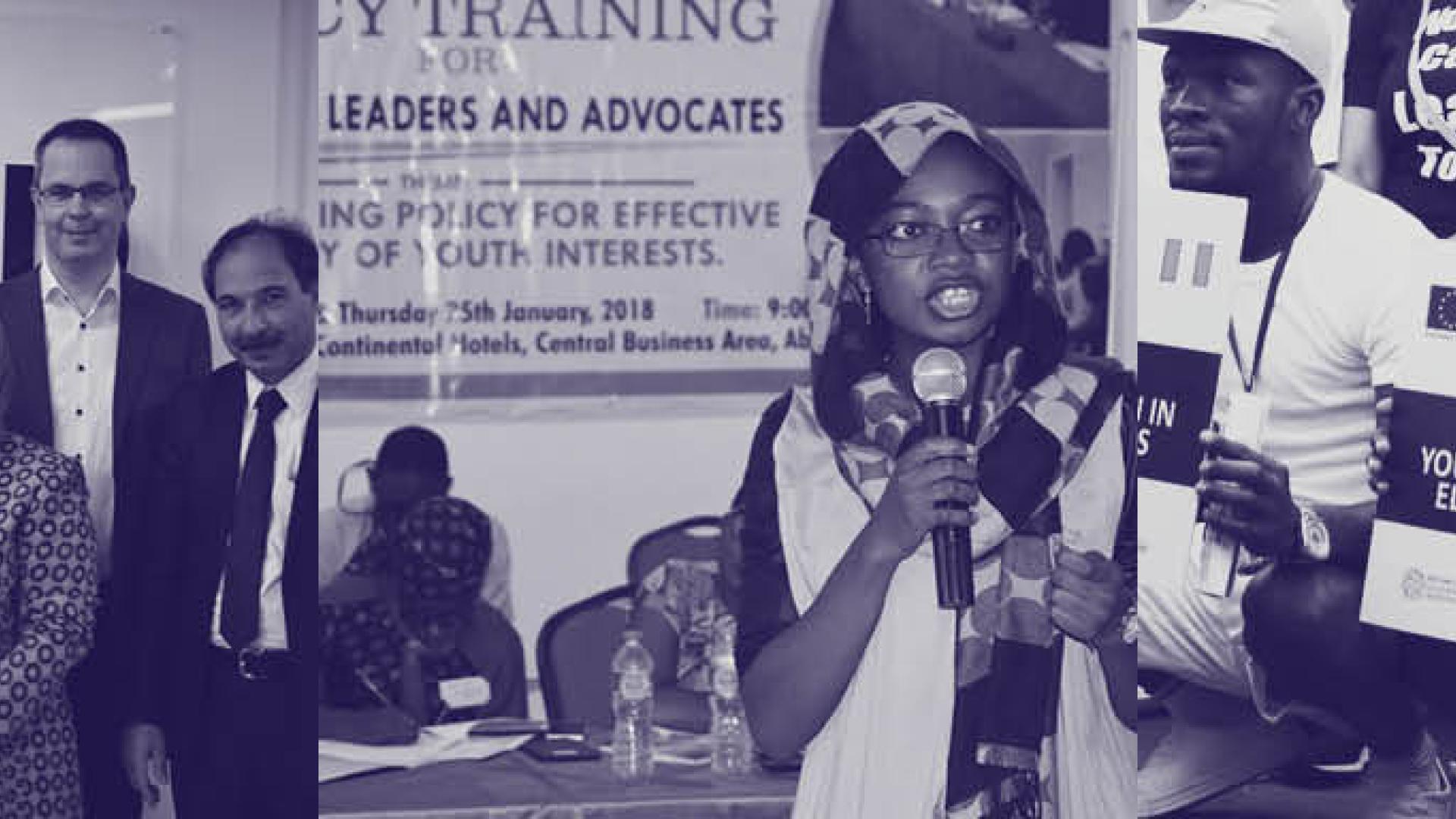WFD and Kaleidoscope Trust launch programme on equality in the Commonwealth

Often described as a “family of nations”, the Commonwealth is home to 2.4 billion people. However, it includes nations that are among the most difficult places in the world to self-identify as LGBT+. Out of the 54 States that make up the Commonwealth, 35 still criminalise same-sex relations, in some cases with the death penalty or life imprisonment as punishment. Meanwhile, in the overwhelming majority of Commonwealth member states, women occupy less than a 30% of political offices. Studies show that when women are able to exercise political leadership, there are gains not just for women and girls but for society as a whole.
Strong democracies need people in all their diversities to be represented in institutions where decisions are made. In many cases, representation is the first step to meaningful positive change for marginalised communities. Only by creating opportunities for the voices of women and girls, LGBT+ people, and other intersectionally disadvantaged groups to be heard can democracies create laws and policies that create better outcomes for everyone.
WFD and Kaleidoscope Trust’s new programme will focus on 13 Commonwealth countries in Africa, the Eastern Caribbean, Asia, and the Pacific that retain laws and policies that discriminate against women and girls, and LGBT+ people. It will support local decision-makers and civic actors as they progress towards a more equal and inclusive world.
The programme is funded by the UK Government as part of the Commonwealth Equality Project.
Avenues to equality and inclusion
The programme aims to foster an environment in which local decision-makers and civil society actors are better able to advance equality and ensure that women and girls, and LGBT+ people are included in politics and society. The programme aims to create space and opportunity for enhanced collaboration and engagement between lawmakers and civil society organisations.
Activities will focus on three main avenues to equality and inclusion: creating a stronger evidence base on the costs of discriminatory practices, building the capacity of civil society actors to advocate more effectively, and strengthening links and relationships between civil society actors and decision-makers.
The programme will fill gaps in research and evidence when it comes to better outcomes for women and girls, LGBT+ people, and society at large. This will bolster decision-makers’ incentives to act and support them to make the case for change over the coming months and beyond.
It will work with civil society organisations that support and advocate for the rights of women and girls and LGBT+ people by ensuring they have the skills and tools they need to bring about change, including through tracking and assessing legislation.
It will strengthen the links and relationships between civil society, thought-leaders, and decision-makers to make it easier for them to work together for equality.